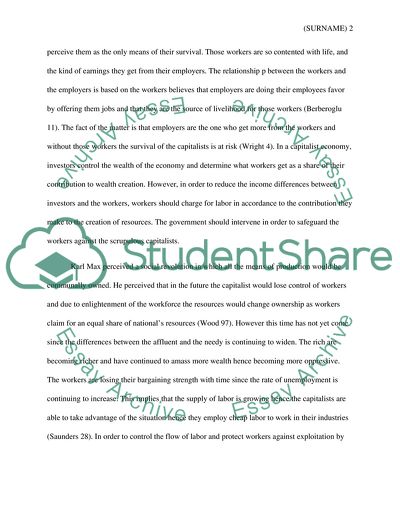Cite this document
(Karl Marx Theory of Social Class Essay Example | Topics and Well Written Essays - 2000 words, n.d.)
Karl Marx Theory of Social Class Essay Example | Topics and Well Written Essays - 2000 words. https://studentshare.org/sociology/1813710-social-theory
Karl Marx Theory of Social Class Essay Example | Topics and Well Written Essays - 2000 words. https://studentshare.org/sociology/1813710-social-theory
(Karl Marx Theory of Social Class Essay Example | Topics and Well Written Essays - 2000 Words)
Karl Marx Theory of Social Class Essay Example | Topics and Well Written Essays - 2000 Words. https://studentshare.org/sociology/1813710-social-theory.
Karl Marx Theory of Social Class Essay Example | Topics and Well Written Essays - 2000 Words. https://studentshare.org/sociology/1813710-social-theory.
“Karl Marx Theory of Social Class Essay Example | Topics and Well Written Essays - 2000 Words”. https://studentshare.org/sociology/1813710-social-theory.


